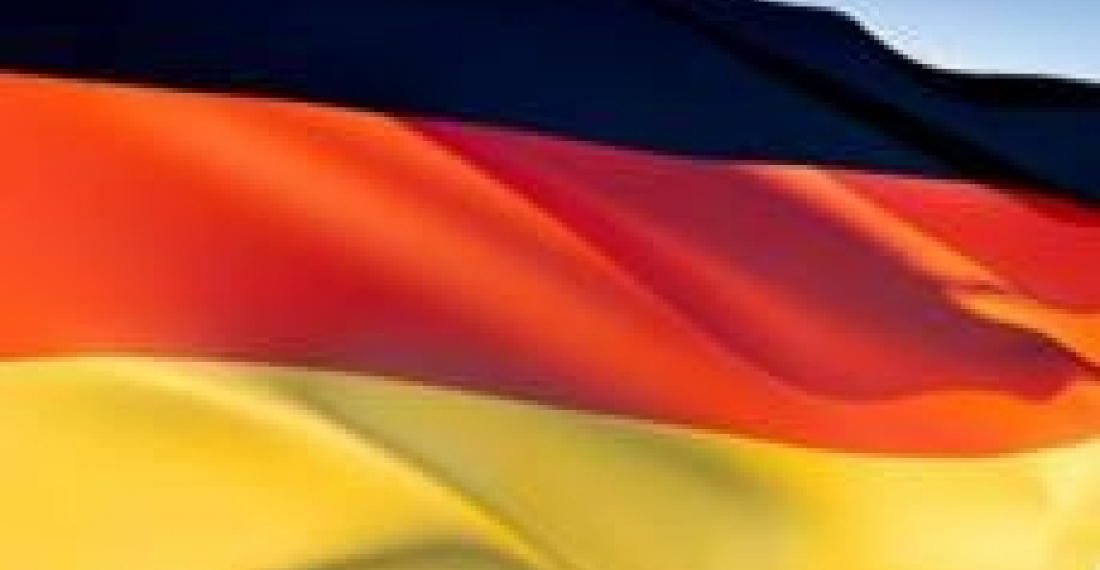Turkey should admit its mistakes to join the European Union. Turkey should do that the way Germany did, German Ambassador Extraordinary and Plenipotentiary to Armenia Hans- Jochen Schmidt said on April 24 when visiting the Tsitsernakaberd Memorial dedicated to the Armenian Genocide victims.
In 2005 Germany adopted a resolution, which does not directly qualify the events of XX century as a "genocide", but mentions that the international historians consider it "Armenian Genocide".
The ambassador thinks that the new generation is not to blame for the crime committed by the previous generations, but it should feel responsibility for what happened in order to avoid re-occurrence of such tragedies in the future and to pay a tribute to the memory of the innocent victims.
The number of Armenian victims in the Ottoman Empire over 1915-1918 ranges from 1.5 mln to 2 mln. 350 thsd Armenians fled to the Caucasus and Europe. Nowadays no more than 70 thsd Armenians live in Turkey, mostly in Istanbul.
The Genocide of Armenians has been recognized by 42 United States as well as by 21 countries, including Canada, Argentina, Switzerland, Uruguay, Russia, Belgium, France, Poland, Slovakia, the Netherlands, Greece, Cyprus, Vatican, Sweden, Lithuania. The European Parliament passed a resolution recognizing the fact of Armenian Genocide in the Ottoman Turkey on June 18 1987 and demanded the Council of Europe exert pressure on Turkey in order that country recognizes the Armenian Genocide. Turkey still denies the genocide of 1.5 million Armenians in 1915-1923.







